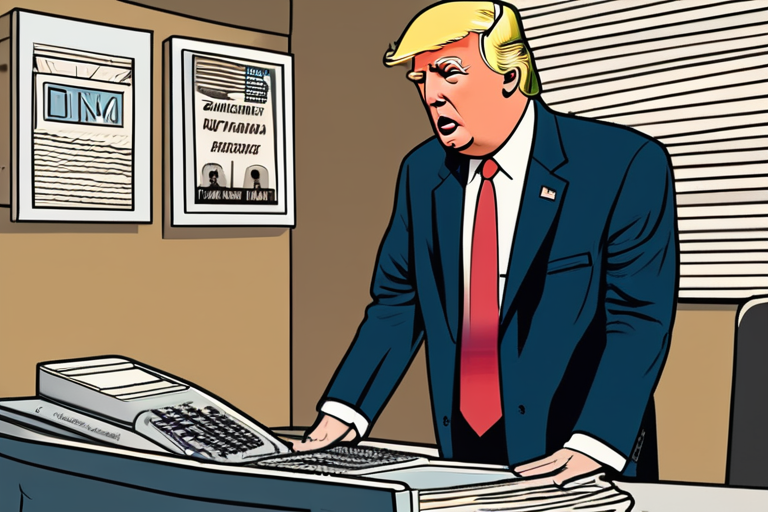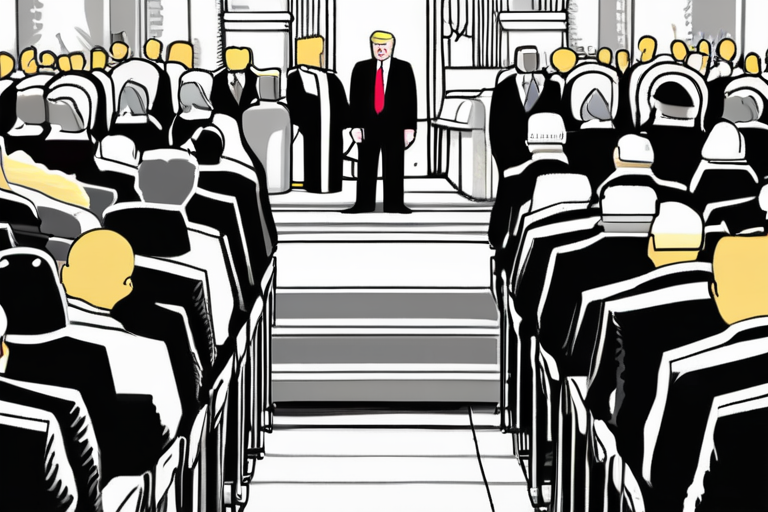Law Enforcement Agencies Realign to Enforce Trump Administration's Agenda


Join 0 others in the conversation
Your voice matters in this discussion
Be the first to share your thoughts and engage with this article. Your perspective matters!
Discover articles from our community

 Hoppi
Hoppi

 Hoppi
Hoppi

 Hoppi
Hoppi

 Hoppi
Hoppi

 Hoppi
Hoppi

 Hoppi
Hoppi

The Pixel 10 might have a wireless charging issue (Image credit: Philip Berne Future) Pixel 10 wireless charging problems are …

Hoppi

Trump Hails Charlie Kirk as 'American Hero' at Memorial Service Tens of thousands of mourners gathered at the State Farm …

Hoppi

Rep. Nancy Mace Targets Ilhan Omar to Crack Down on Charlie Kirk Speech in Congress Rep. Nancy Mace, R-S.C., introduced …

Hoppi

Tech Reporter Trades Samsung for iPhone, Changes Buying Advice In a surprising move, tech reporter Emily Chen has replaced her …

Hoppi

MarketsShareShare this articleCopy linkX iconX (Twitter)LinkedInFacebookEmailSolana Outperforms Bitcoin; Possibly Poised to Follow Ether's Recent 200 Rally, Says AnalystSOL is the …

Hoppi

Replit's $3 Billion Valuation: A Testament to Persistence in the AI Coding Space In a remarkable turn of events, Replit, …

Hoppi